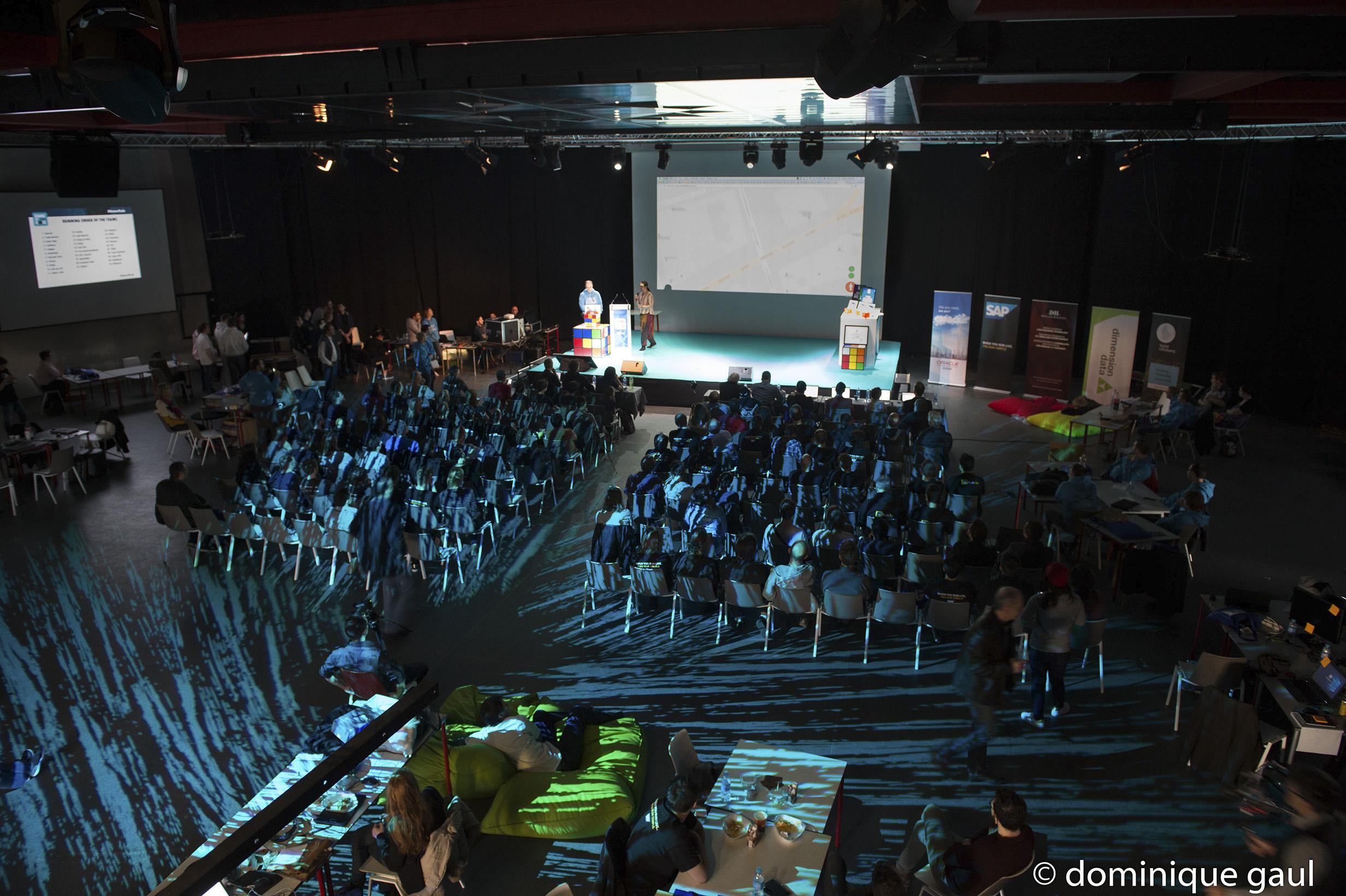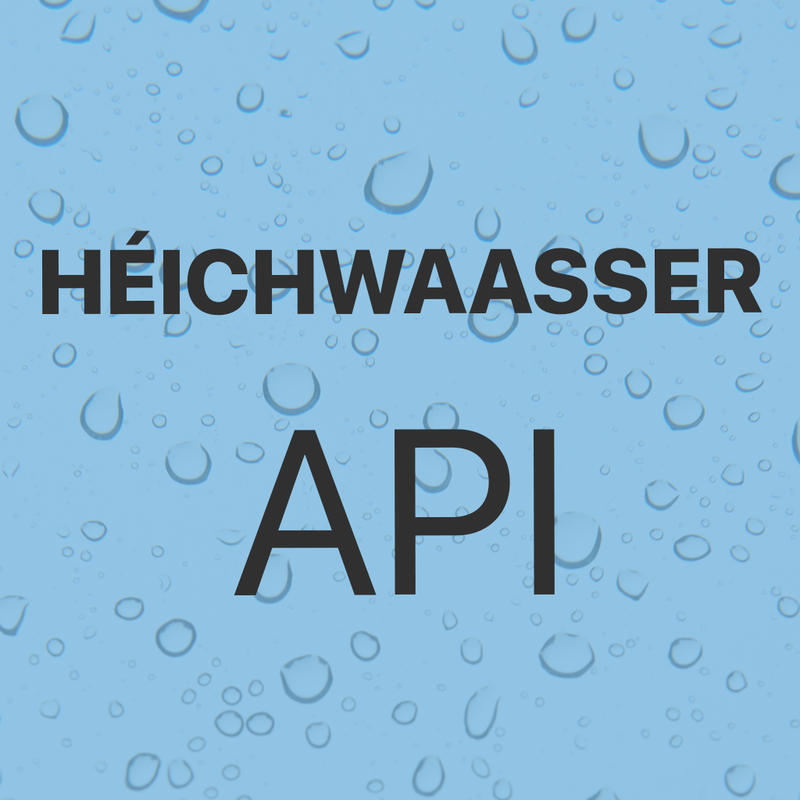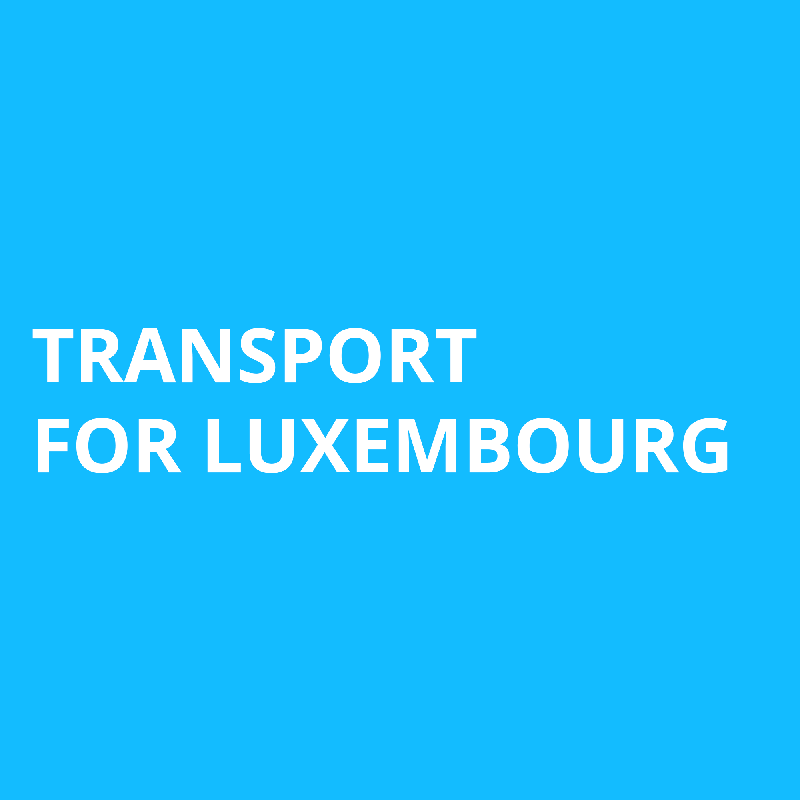Mobilité - Veloh
Données et API concernant le service de partage de vélos Veloh. Licence https://developer.jcdecaux.com/files/Open-Licence-en.pdf
Qualité des métadonnées :
Description des données renseignée
Fichiers documentés
Licence renseignée
Fréquence de mise à jour respectée
Formats de fichiers non standards
Couverture temporelle non renseignée
Couverture spatiale renseignée
Mis à jour le 7 janvier 2026
Other (Open)






